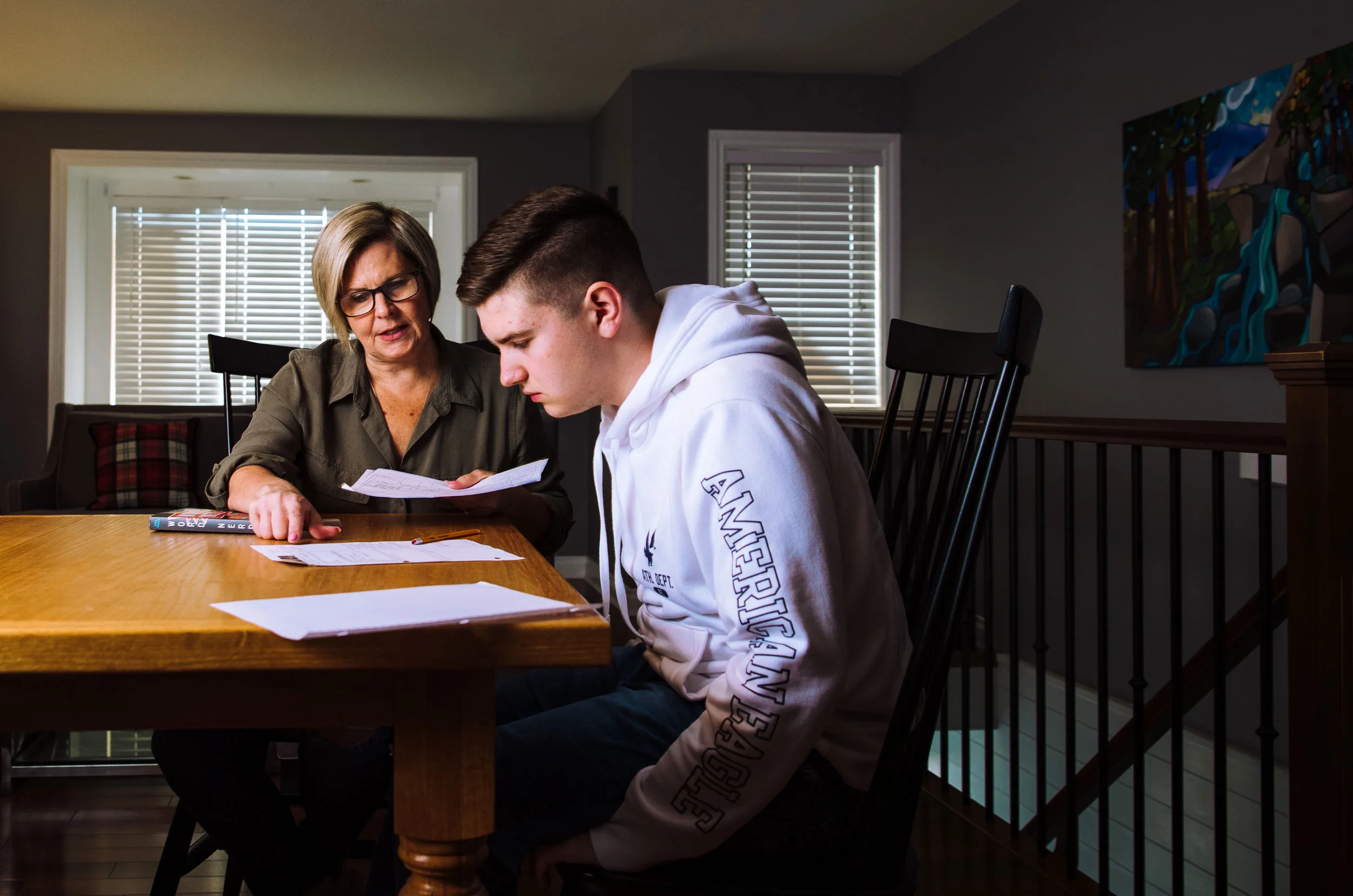Summary:
A new analysis of Education Ministry data shows an explosion in the number of students with special needs whose families are paying privately for education, often as the last resort due to inadequate support for inclusion at local public schools.
PRESS RELEASE
February 16, 2017
New Westminster, BC—As we celebrate Inclusive Education month across Canada this February, new analysis of provincial K-12 enrolment and funding trends highlights concerns about BC’s commitment to supporting the right of students with special needs to access inclusive public education.
Since 2002, when BC’s Education Ministry weakened provincial policies linking provincial special education dollars to identified special needs, the loss of support for public school students with special needs has been well documented. Meanwhile, however, another major trend has largely escaped notice.
A new analysis of Education Ministry data shows an explosion in the number of students with special needs whose families are paying privately for education, often as the last resort due to inadequate support for inclusion at local public schools. Many of these students experienced varying levels of trauma before being moved from public schools, including restraints and seclusion, being sent home due to a lack of supports or simply having their educational needs neglected.
Families have turned to independent school alternatives, including specialized online programs where students learn from home and segregated special education schools. In 2010, 1 in 30 BC students with special needs were enrolled in such programs. Those numbers have tripled over 5 years to 1 in 10.
“BC has quietly overseen a major shift in the way students with special needs are being educated in our Province,” noted Inclusion BC Executive Director Faith Bodnar. “Under the banner of promoting choice, special education and inclusion in our public schools has been eroded for an entire generation, and many families left with no choice but to pay privately for segregated or online learning programs instead.”
Decades of research support investing in inclusive education in local public schools as best practice, with important benefits for all students and for society at large. Inclusion BC notes that inclusive education in public schools still works well for thousands of students with special needs.
But our review of Ministry data showed an alarming diversion of provincial special education dollars to private programs in recent years, while provincial funding for inclusion in public schools continued to erode relative to needs.
Since 2010, provincial special education funding for independent Distributed Learning (online) school programs has tripled (from $7.5 million to $21.9 million in 2014/15). Special education grants to traditional “bricks & mortar” independent schools also increased by 40%, to over $40 million in 2015. And last fall, the Ministry shattered its own 25-year old inclusive education policy by formally designating 9 new segregated provincial Special Education Schools.
During this period, BC’s public schools continued to lose supports for inclusion, as a further 10% of special education teachers were lost, despite steady enrolment for students with special needs.
As the special education crisis deepened in public schools, it fueled a surge in independent online programs targeting students with special needs. BC’s Education Ministry supported the trend by steadily sweetening funding policies for independent programs serving students with special needs. By 2015, special education grants comprised 65% of provincial dollars for BC’s 16 independent distributed learning programs, while students with special needs comprised 86% of their total student population.
Just five years earlier, special education grants represented 1/3 of their total provincial funding, and students with special needs made up 44% of their total enrolment.
Lack of public school supports for inclusion of students with special needs violates fundamental rights that have been upheld by Canada’s Supreme Court and United Nations conventions signed by Canada. BC’s shift to increasing reliance on private education for students with special needs also places a significant and unfair burden on their families.
“It’s not the students or families who have gained more choices, it’s the private schools,” noted Inclusion BC President Jackie Carpenter. “They’re getting a growing share of special education dollars and they get to choose which programs to offer, how much to charge and which students to accept.”
Inclusion BC has urged the BC Government to demonstrate its commitment to inclusive public education for students with special needs by immediately restoring public resources, in collaboration with all education partners, so that all BC students can access quality, inclusive public education.
Backgrounder
- Since BC formally adopted inclusive education as a policy in 1989, most of the province’s 60,000 or so K-12 students with special needs have attended their local public schools.
- Since 2010, the number of BC students with special needs attending independent programs has almost tripled, from 2,279 to 6,263 students.
- Prior to that, a handful of private designated special education programs provided highly-specialized services to a very small minority of BC students with special needs.In 2016 the Education Ministry established 9 new provincial Special Education Schools
Quick Links
- Inclusion BC — Inclusive Education
Contacts
Faith Bodnar, Executive Director
Inclusion BC
604.764.2591 (cell)
fbodnar@inclusionbc.org
Dawn Steele, Communications
Inclusion BC Communications
604.374.1530 (Cell)
dsteele@inclusionbc.org


